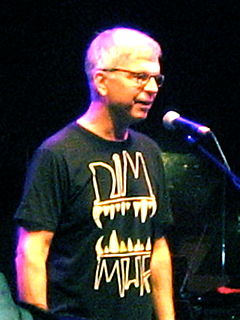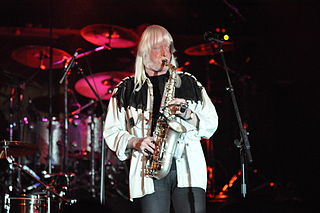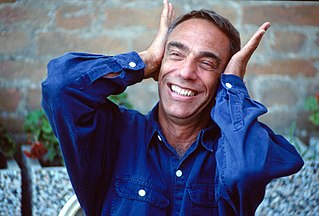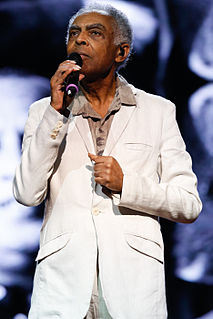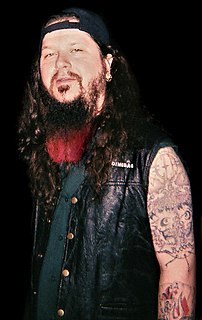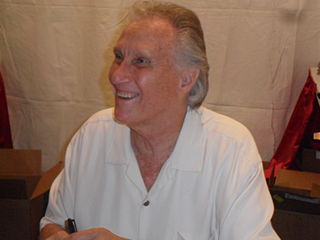A Quote by Tony Visconti
Towards the end of the seventies pop was gaining the momentum and respectability was very high with groups like Yes and Queen who were making "classical" rock records. They were also bringing in big bucks. So the eighties became the "bottom line" decade.
Related Quotes
Pop was initially ignored as a moneymaker by the recording industry. In the seventies they were still relying on Frank Sinatra and Tony Bennett for their big hits. You know, most of the budget for the record companies in those days went to the classical department - and those were big budget albums.
I think The Doors are one of the classic groups, and I think we're all tempted to feel like the time in which we grew up was somehow special, but I really do believe that there were two golden eras in music: The Forties and Fifties of big band, jazz and swing, and the Sixties and Seventies of rock. To me, they're really unparalleled.
I wouldn't wish the eighties on anyone, it was the time when all that was rotten bubbled to the surface. If you were not at the receiving end of this mayhem you could be unaware of it. It was possible to live through the decade preoccupied by the mortgage and the pence you saved on your income tax. It was also possible for those of us who saw what was happening to turn our eyes in a different direction; but what, in another decade, had been a trip to the clap clinic was now a trip to the mortuary.
Warhol and other Pop artists had brought the art religion of art for art's sake to an end. If art was only business, then rock expressed that transcendental, religious yearning for communal, nonmarket esthetic feeling that official art denied. For a time during the seventies, rock culture became the religion of the avant-garde art world.
Beginning in the sixties, but getting strong during the seventies and eighties, everybody was sort of Miles Davis and Chick Corea and the jazz guys on the west coast and east coast in America, and then in Switzerland and lots of groups in England and elsewhere, like here in Brazil. We were all under a heavy influence of technological gadgets and changes that we used as elements to produce and create music.
